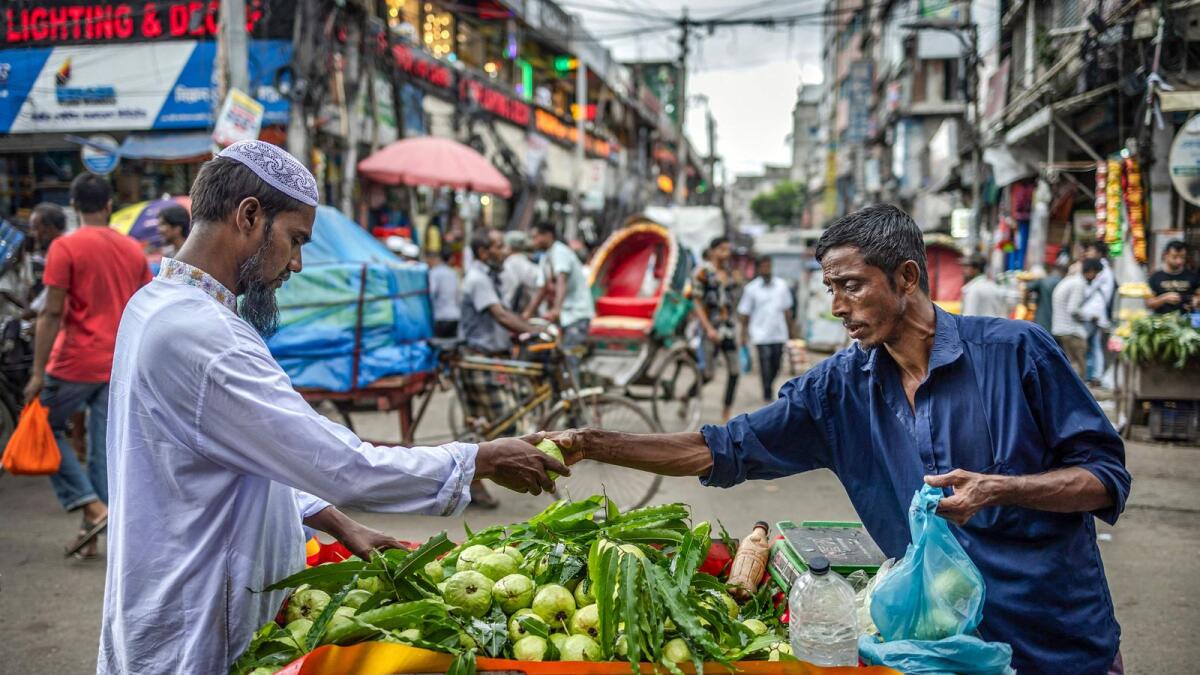In a recent development, Ahsan H. Mansur, a well-respected former economist at the International Monetary Fund, was appointed as the new governor of Bangladesh Bank. Mansur, who was appointed by the interim government led by Nobel laureate Muhammad Yunus, discussed the challenges facing the country’s economy. He mentioned that inflation in Bangladesh had reached 11.66 per cent in July, up from 9.72 per cent the previous month, and attributed this to mismanagement of exchange rate and interest rate policies by the previous central bank administration.
Mansur emphasized the need for time to bring down inflation, stating that it may take around 5-6-7 months for inflation to come down significantly. He also mentioned that interest rates would need to be adjusted to support this objective. To address the issue of inflation, the central bank would focus on supply side measures, such as increasing agricultural supplies, while also keeping interest rates high to control demand. Additionally, Bangladesh Bank has widened the inter-bank currency trading band to 2.5 per cent to encourage the flow of foreign exchange into the market.
The new interim government has received approval from various multilateral agencies, including the IMF and Asian Development Bank, for its reform plans. Mansur expressed optimism about the government’s commitment to governance and reforms and indicated that they would seek technical and financial support to advance their agenda. He also mentioned that the central bank would explore reforms in the banking sector, particularly addressing concerns related to corporate ownership of banks, cross-lending practices, and defaults by certain entities.
Overall, Mansur’s appointment as the new central bank chief signals a positive step towards addressing the economic challenges in Bangladesh. With a focus on controlling inflation through a combination of supply side measures and interest rate policies, the country aims to stabilize its economy and attract support from international financial institutions. By implementing reforms in the banking sector and seeking assistance from multilateral agencies, the interim government is positioning itself for sustainable economic growth and stability in the long run.










